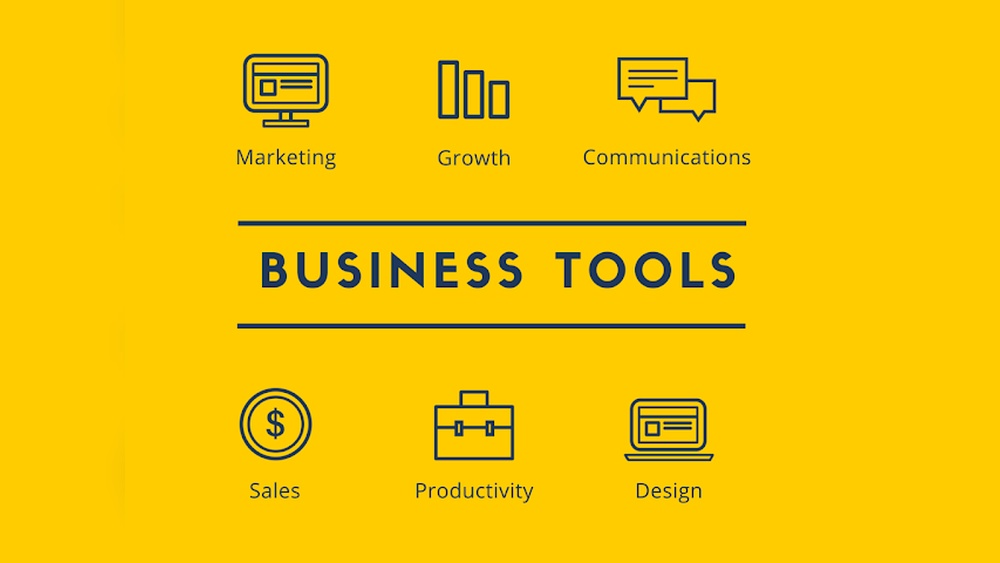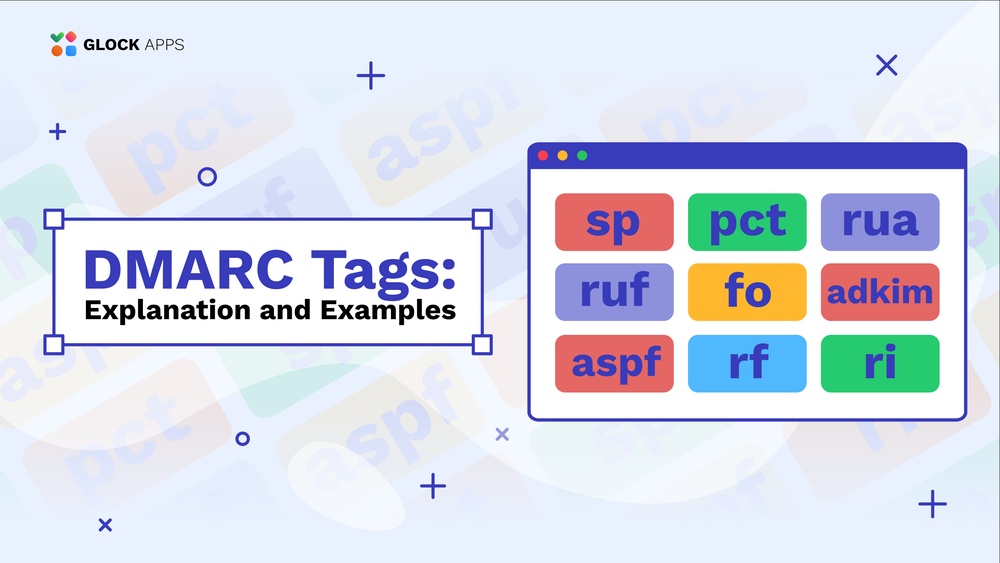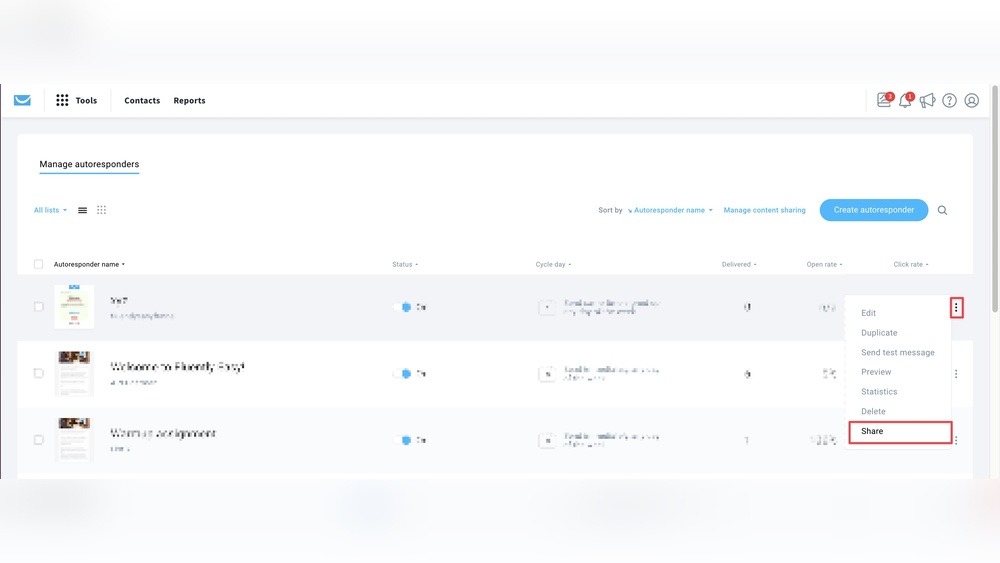What are business tools, and why should you care about them? If you want your business to run smoothly, save time, and grow faster, understanding these tools is essential.
Business tools are the secret weapons that help you organize tasks, communicate clearly, manage money, and connect with customers—all in one place. Imagine having the power to simplify your workday and make smarter decisions without extra effort. Curious to know which tools can make your business life easier and more productive?
Keep reading, and you’ll discover how the right business tools can transform your daily operations and boost your success.
Business Tools Defined
Business tools are resources that help companies run smoothly and reach their goals. These tools include software, applications, and systems designed to improve productivity and simplify daily tasks. They support various business functions such as communication, project management, finance, and customer service.
Using the right business tools can save time, reduce errors, and enhance collaboration among team members. They allow businesses to focus on growth by handling routine activities efficiently. Understanding what business tools are is the first step to choosing the best ones for your company.
Purpose And Importance
Business tools serve to improve how work gets done. They automate repetitive tasks, which saves time and reduces mistakes. These tools help teams communicate better and stay organized.
They also provide valuable data to make smart decisions. Using business tools can increase productivity and lower costs. They make it easier to track progress and meet deadlines. Overall, business tools are key to running a successful company.
Types Of Business Tools
There are many types of business tools. Project management tools help plan and track work. Communication tools allow teams to share information quickly.
Financial tools manage budgets and expenses. Marketing tools assist in promoting products and reaching customers. Customer relationship management (CRM) tools help keep track of client interactions.
Each type of tool supports a specific business need. Choosing the right tools depends on the company’s size and goals.
Project Management Tools
Project management tools help teams plan, track, and complete work efficiently. They simplify complex projects by breaking them into smaller tasks. These tools keep everyone on the same page and improve communication. They save time and reduce errors by organizing workflows clearly.
Organizing Tasks And Teams
Project management tools allow easy task assignment and deadline setting. Teams can see what they need to do and when. These tools help prioritize work and track progress at every stage. They also enable team members to share files and updates in one place. Managers get clear views of workload and project status.
Popular Platforms
Many popular platforms offer project management features. Trello uses boards and cards to organize tasks visually. Asana provides task lists, timelines, and project tracking. Jira focuses on software development with issue tracking and agile tools. Monday.com combines project planning with team collaboration features. These platforms suit different business needs and team sizes.
Communication And Collaboration
Communication and collaboration are vital for any business. They help teams share ideas, solve problems, and work together effectively. Strong communication tools keep everyone connected, no matter where they are. Collaboration tools make it easier to manage tasks and projects as a group.
Using the right tools improves team interaction. It reduces misunderstandings and speeds up decision-making. Businesses that invest in communication and collaboration tools often see better results and happier employees.
Enhancing Team Interaction
Clear and open communication builds trust among team members. It allows people to express ideas freely and ask questions quickly. Collaboration tools provide shared spaces for documents and discussions. This keeps everyone on the same page and reduces email overload.
Teams can work on projects in real time, making updates instantly visible. This helps avoid duplicated work and missed deadlines. Video calls and chat features support both formal meetings and casual conversations. These tools create a sense of connection, even for remote teams.
Top Communication Tools
Many communication tools suit different business needs. Slack offers instant messaging with channels for various topics. Microsoft Teams integrates chat, video, and file sharing in one platform. Zoom focuses on video meetings with easy-to-use features.
Google Workspace combines email, chat, and collaborative documents. Trello and Asana include communication features within project management. Choosing the right tool depends on team size, work style, and budget. Good tools simplify communication and keep teams productive.

Credit: www.youtube.com
Financial Management Solutions
Financial management solutions help businesses keep their money matters in order. These tools simplify tracking income, expenses, budgets, and financial reports. They reduce errors and save time on manual calculations. Many small and large companies use these solutions to maintain healthy cash flow and plan for growth.
Handling Invoices And Expenses
Managing invoices and expenses can be challenging without the right tools. Financial management solutions allow businesses to create, send, and track invoices quickly. They also help organize bills and receipts, making expense monitoring easier. Automation features reduce the risk of missed payments or late fees. These tools provide clear records that simplify tax preparation and auditing processes.
Leading Financial Software
Several financial software options stand out for their features and ease of use. QuickBooks is popular for small businesses due to its user-friendly interface and strong reporting capabilities. Xero offers cloud-based access and integrates well with other business apps. FreshBooks focuses on invoicing and time tracking, ideal for freelancers and service providers. Choosing the right software depends on business size, needs, and budget.
Marketing And Sales Tools
Marketing and sales tools are essential for growing any business. These tools help companies connect with customers and close more deals. They simplify complex tasks and improve team coordination.
Using the right tools saves time and increases revenue. Businesses can track their progress and adjust strategies quickly. These solutions often include software for managing campaigns and automating sales processes.
Managing Campaigns
Managing campaigns requires careful planning and tracking. Campaign tools help organize marketing efforts across multiple channels. They allow businesses to schedule posts, send emails, and monitor results in one place.
These tools provide data on customer engagement and campaign performance. Marketers can use this data to improve future campaigns. Automation features reduce manual work and keep campaigns on track.
Sales Automation Platforms
Sales automation platforms streamline repetitive sales tasks. They help sales teams follow up with leads and manage contacts efficiently. Automated reminders and workflows ensure no opportunity is missed.
These platforms often include tools for tracking sales activities and forecasting revenue. Sales reps spend less time on paperwork and more time selling. This leads to higher productivity and better customer relationships.
Customer Relationship Management
Customer Relationship Management (CRM) is a key business tool that helps companies manage their interactions with customers. It organizes information about clients and tracks communication history. This system improves customer service and builds stronger relationships.
CRM tools allow businesses to understand customer needs better. They help teams respond quickly and provide personalized support. This leads to higher customer satisfaction and loyalty.
Tracking Customer Interactions
Tracking customer interactions is a vital part of CRM. It records calls, emails, meetings, and purchases. This data gives a clear view of each customer’s journey. Teams use this information to tailor offers and solve problems faster.
By tracking interactions, businesses avoid repeating questions and keep customers happy. It also helps identify trends and improve marketing strategies. Accurate records reduce errors and save time.
Crm Software Examples
Many CRM software options fit different business needs. Popular examples include Salesforce, HubSpot, and Zoho CRM. These platforms offer tools for sales, marketing, and customer service.
Salesforce is known for its powerful features and customization. HubSpot provides an easy-to-use interface and free plans for small businesses. Zoho CRM offers a balance of affordability and functionality.
Choosing the right CRM depends on the company size, budget, and goals. Most CRM software helps track leads, manage contacts, and automate tasks. They improve team collaboration and enhance customer experience.
Design And Graphics Tools
Design and graphics tools play a vital role in business success. They help create eye-catching visuals that grab attention. Visual content supports branding and marketing efforts. It makes messages clear and memorable. These tools enable businesses to produce professional designs without needing expert skills.
Using design and graphics tools saves time and money. They offer templates, drag-and-drop features, and easy editing. This allows teams to work faster and maintain a consistent style. Visual content includes logos, social media posts, brochures, and websites. Clear and appealing visuals improve customer engagement and trust.
Creating Visual Content
Visual content involves images, graphics, and layouts that communicate ideas. Businesses use it to explain products or services simply. Good visuals attract customers and increase sales. Design tools help craft banners, ads, infographics, and presentations. These tools support creativity and ensure quality output. Visual content also boosts online presence and social media interaction.
Popular Design Applications
Several design applications are popular among businesses of all sizes. Adobe Photoshop is widely used for photo editing and graphic design. Canva offers easy-to-use templates for quick content creation. Illustrator focuses on vector graphics and logo design. Sketch is preferred for website and app interface design. These applications provide features suited to different design needs and skill levels.

Credit: www.sprintzeal.com
Customer Support Solutions
Customer support solutions play a vital role in business tools. They help companies respond to customer needs quickly and efficiently. Good support keeps customers happy and builds trust. Many businesses use software and systems to handle customer questions and problems. These tools organize requests and provide fast answers. They also help teams work better together and track all interactions.
Managing Inquiries
Managing inquiries means organizing and responding to customer questions. Tools for this collect requests from different channels like email, phone, or social media. They sort and prioritize messages so the team knows what to answer first. This process saves time and avoids missed requests. It also keeps records of all conversations for future reference. Well-managed inquiries improve customer satisfaction and reduce response times.
Live Chat And Ticketing Tools
Live chat tools allow customers to talk with support agents in real time. This instant communication helps solve problems faster. Many live chat tools include features like chatbots to answer simple questions automatically. Ticketing tools create a “ticket” for each customer issue. These tickets track the problem from start to finish. Agents can update tickets with notes and status changes. Ticketing systems help support teams stay organized and ensure no issue is left unresolved.
Choosing The Right Tools
Choosing the right business tools is essential for success. The proper tools simplify tasks and help teams work better. Selecting tools that fit your business needs ensures smooth operations and saves time. Businesses must weigh various factors before making a choice. This process helps avoid wasted resources and frustration.
Assessing Business Needs
Start by identifying what your business requires. List tasks that need improvement or automation. Consider the size of your team and type of work. Tools should solve real problems and support growth. Avoid choosing tools based only on trends or popularity. Focus on features that match your daily operations. Clear goals help in finding the best fit.
Cost And Training Considerations
Budget plays a big role in tool selection. Look at initial costs and ongoing fees. Some tools charge monthly, others require a one-time payment. Factor in costs for upgrades and support. Training your team is also important. Choose tools with easy learning curves or good tutorials. Proper training ensures everyone uses tools effectively. This reduces errors and boosts productivity.

Credit: entrepreneurscan.com
Maximizing Tool Efficiency
Maximizing the efficiency of business tools is essential for any company aiming to improve productivity. Efficient use ensures the tools deliver the best results with minimal waste. It also helps employees work smarter, not harder. The key lies in proper implementation and careful management to avoid common pitfalls.
Best Practices For Implementation
Start by selecting tools that fit your business needs clearly. Train your team thoroughly on how to use each tool. Set clear goals for what the tool should achieve. Monitor progress regularly to spot any issues early. Encourage feedback from users to improve tool use. Keep software updated to ensure security and performance. Integrate tools smoothly with existing systems for better workflow. Avoid overloading employees with too many tools at once.
Avoiding Misuse And Loss
Define who can access each tool and limit permissions accordingly. Store tools securely to prevent theft or damage. Keep track of licenses and subscriptions to avoid unnecessary costs. Educate staff on the importance of proper tool use. Regularly audit tool usage to detect misuse or errors. Have clear policies for reporting lost or broken tools. Replace or repair tools promptly to maintain efficiency. Avoid sharing passwords or accounts to protect data integrity.
Frequently Asked Questions
What Is The Meaning Of Business Tools?
Business tools are resources like software and applications that help businesses improve efficiency, manage tasks, and achieve goals. They streamline operations and boost productivity across various functions.
When You Mean Business Tools?
Business tools are software, applications, and systems that improve productivity, streamline operations, and support business goals.
What Are The Five Examples Of Tools?
Five examples of tools include hammer, wrench, saw, shovel, and computer. These tools help perform various tasks efficiently.
What Is The Meaning Of It Tools For Business?
IT tools for business are software and systems that streamline operations, improve efficiency, and boost productivity. They include project management, communication, financial, marketing, and CRM applications that help companies automate tasks and manage workflows effectively.
Conclusion
Business tools help businesses work smarter and faster every day. They simplify tasks like communication, planning, and finance. Using the right tools improves teamwork and decision-making. Choosing tools that fit your needs saves time and reduces errors. Keep exploring different tools to find what works best.
Good tools support growth and keep operations running smoothly. Remember, simple tools can make a big difference in business success.







